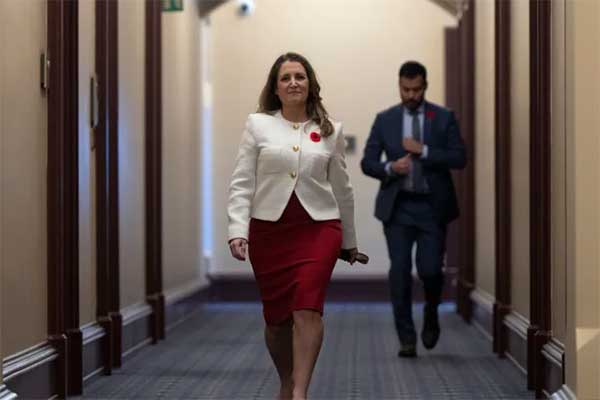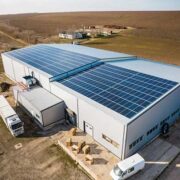In an attempt to keep up with spending in the U.S. by the just-passed Inflation Reduction Act (IRA), Canada has proposed its version of an investment tax credit (ITC).
In its autumn economic statement, Canada’s Finance Minister Chrystia Freeland unveiled 30-40% tax credits for investments in clean technology and hydrogen projects.
The tax credits cover capital costs for investments made in electricity generation systems like solar, water and wind; storage, such as batteries; and low-carbon heat equipment and industrial zero-emission vehicles used in mining or construction.
The credit will be open as of the first day of the federal budget for the following year and expire in 2035.
After 2030, the tax benefit will gradually disappear.








Comments